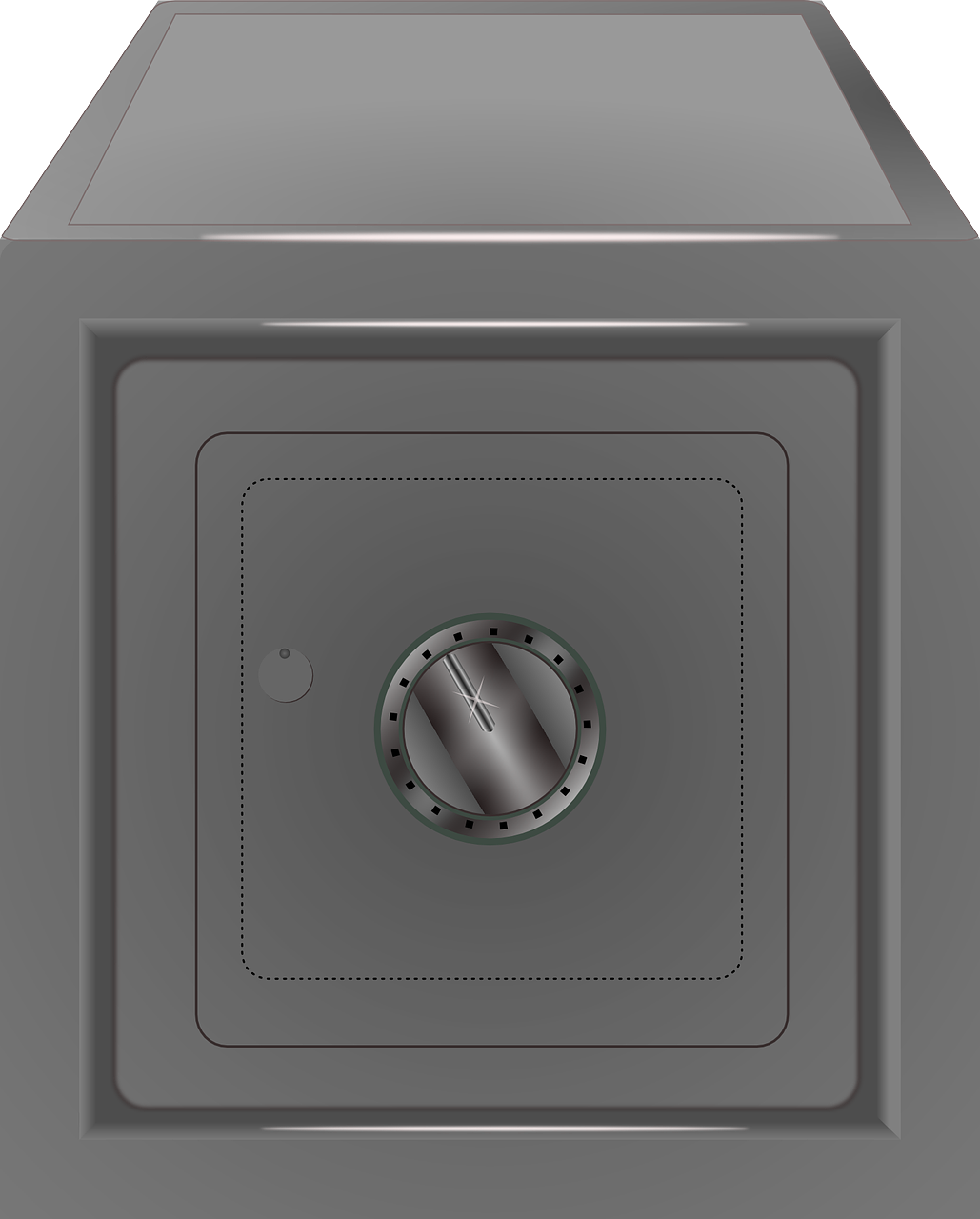Before getting started to the difference between fixed deposit and recurring deposit, it is wise to understand the meaning of both the terms.
Fixed Deposit
Fixed deposits (FD) are deposits with banks or some other financial institution for a predefined time period. An investor has to deposit a fixed amount of money (ranging from thousands to lakhs) at the time of creating FD. Also fixed deposit provides an investor the option to choose the tenure ranging from 7 days to 10 years.
Recurring Deposit
Recurring deposit is another banking instrument used for saving purpose. It provides an investor the flexibility to save a specific amount of money every month in RD account. The amount may vary from a thousand to lakh per month. This amount has to be deposited with a financial institution for a predetermined time period (Tenure).
Difference between Fixed deposit and Recurring Deposit:
Fixed deposit and recurring deposit can differentiate on the basis of below mentioned points:
Amount of Money:
Recurring Deposit can be start with a small amount of money. In comparison to recurring deposit fixed deposit is started with larger amount of month.
If one has lump sum of money than fixed deposit is better option than recurring deposit.
Objective:
The primary objective to start a recurring deposit account is to save money. As RD can be start with minimal amount of money, this instrument is used to save a small amount of money every month.
The sole objective behind opening a fixed deposit account is to use the money as an investment option.
Interest Rate:
Although both fixed deposit and recurring deposit attract same interest rates but return from both these instruments are different. It is because fixed deposit is started with a lump sum amount and it fetches interest for the whole period on that amount.
On the other hand recurring deposit is used to deposit small amount of money every month so the interest is paid accordingly.
For example a recurring deposit which is started with INR 1000 fetches interest on 1000 for the whole year, 2000 for 11 months, 3000 for 10 months and so on.
Taxability:
TDS is deducted on fixed deposit if interest amount exceeds INR 10000 but in case of recurring deposit this rule is not applicable.


